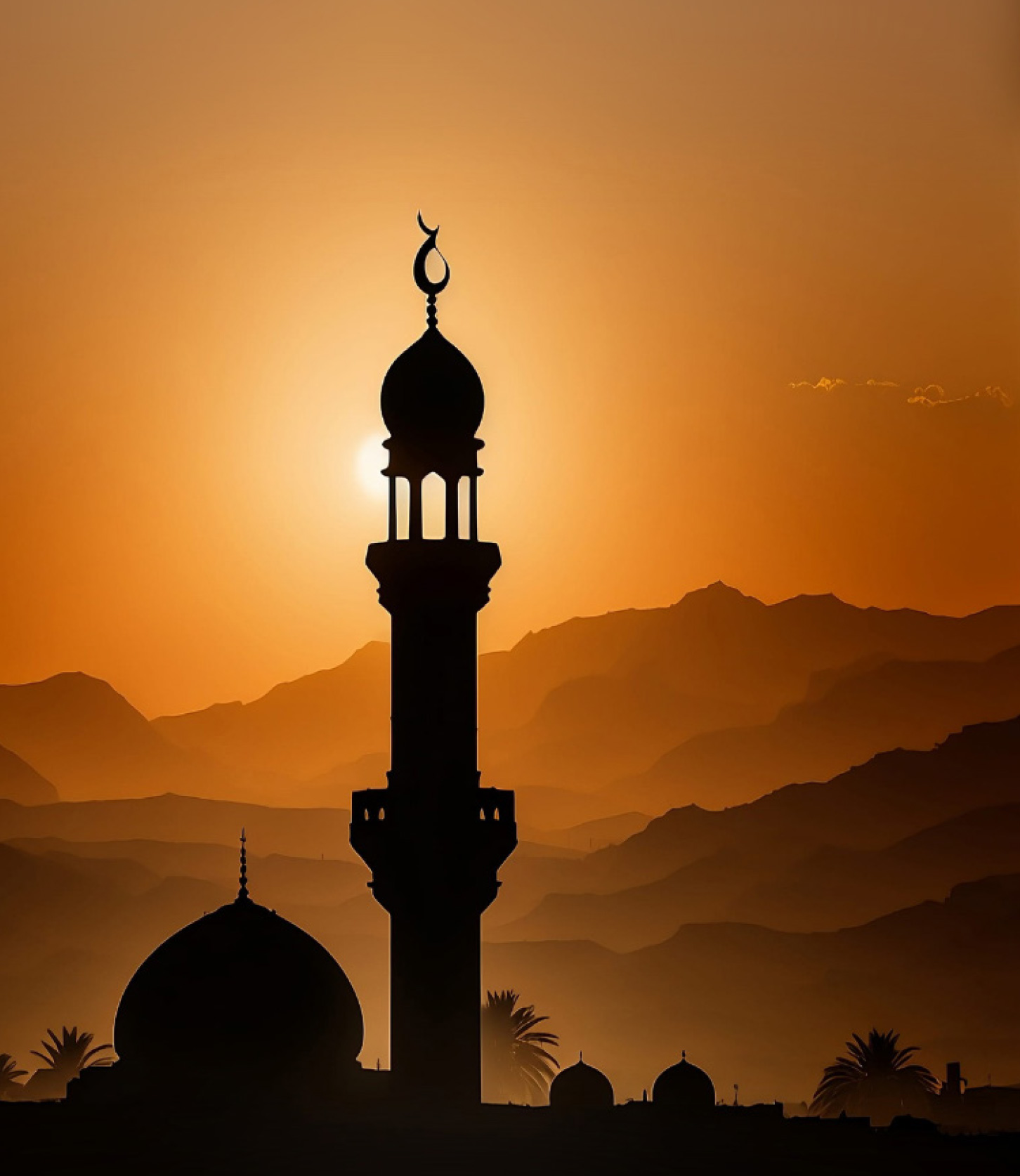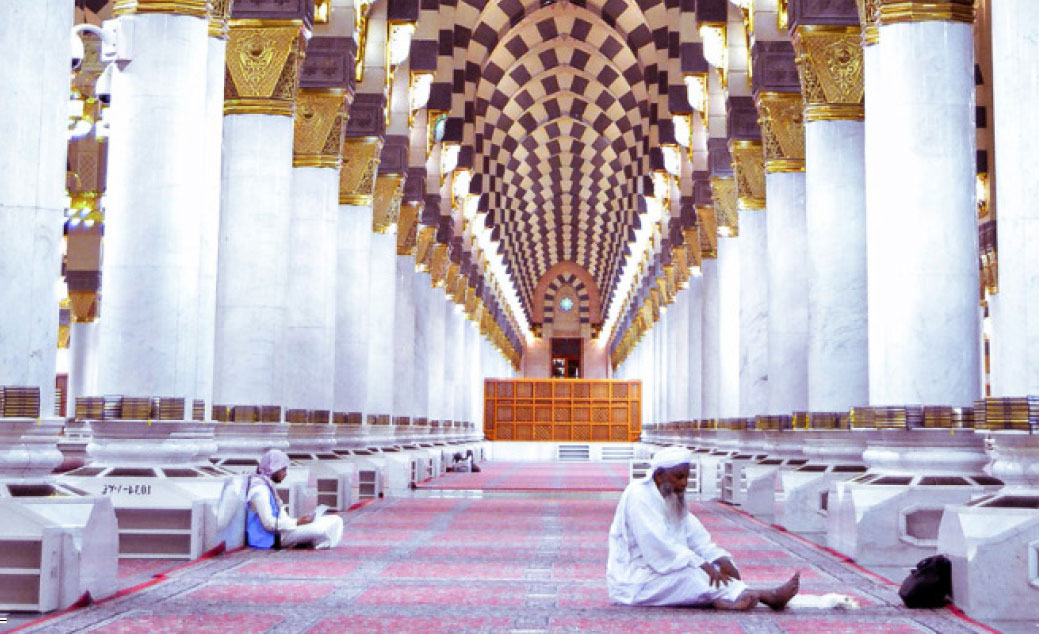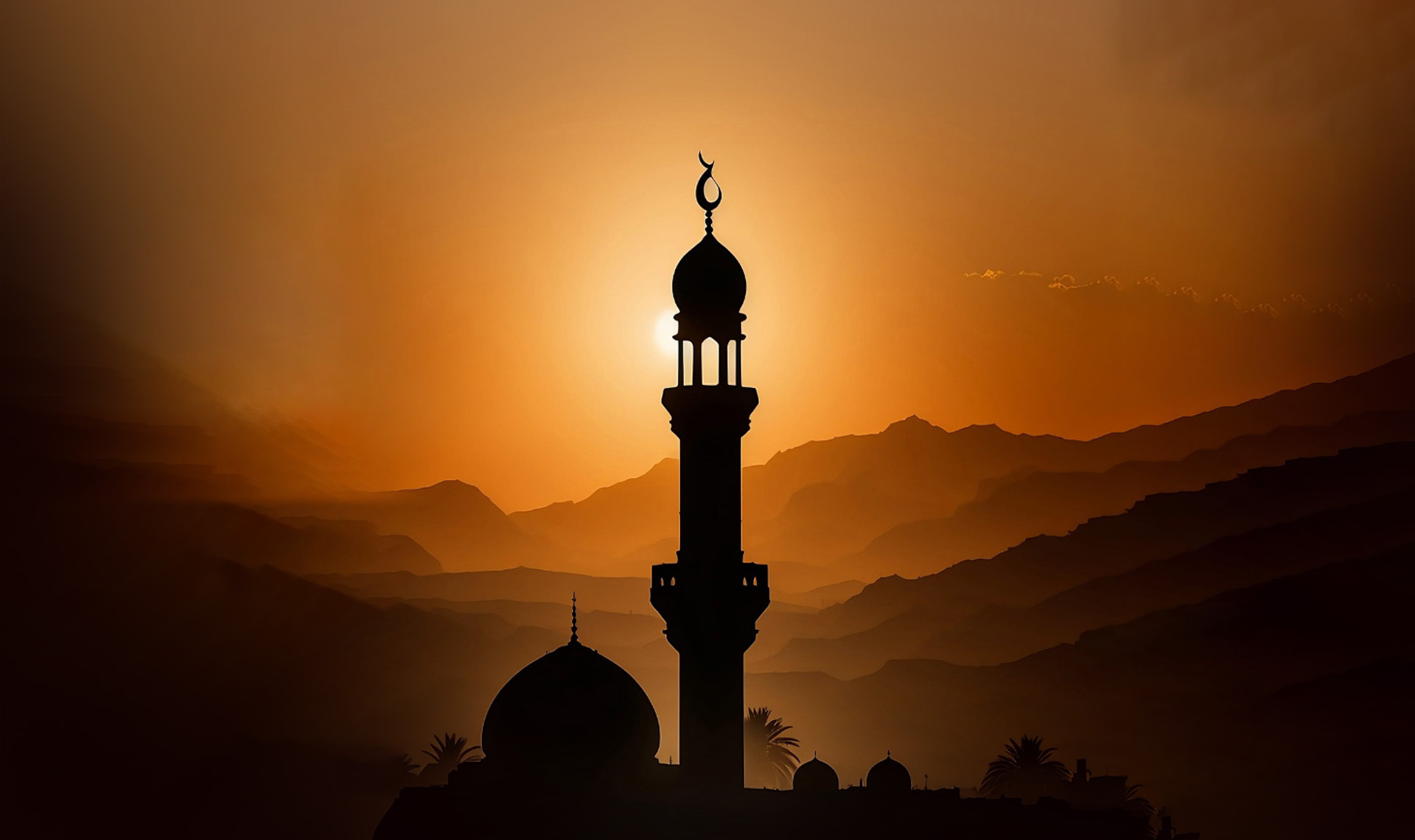

For more than three decades this 30-day prayer guide has inspired and equipped Jesus followers around the world to learn more about their Muslims neighbors and to also petition the throne room of heaven for a fresh outpouring of mercy and grace from our Savior, Jesus Christ.
Several years ago, a global research project uncovered some startling news: 90+% of the world’s remaining unreached peoples - Muslims, Hindus, and Buddhists - live in, or near, 110 megacities. As practitioners began to re-adjust their focus toward these giant metropolises, international networks of prayer began to pray in the same direction.
The results of a combined effort of quality research, fervent prayer, and sacrificial witness have been nothing short of miraculous. Testimonies, stories, and data are beginning to pour in affirming the truth that we are better together when our unity is based on spreading the love and forgiveness of Jesus.
This 2024 prayer guide represents the next step in expanding deep compassion for our neighbors, and honoring them enough to share the most important message ever given - the hope and salvation available through Jesus. We are grateful for the many contributors to this edition, as well as those praying and serving in these great cities.
Let us “declare His name among the nations, His deeds among the peoples.”
It’s about the Gospel,
William J. Dubois
Editor
As we pause to pray for Muslims during this month, here are four foundational components of this holy month.
Muslims believe this is the holiest month of the year. According to the Prophet Muhammad, “When the month of Ramadan starts, the gates of heaven are opened, and the gates of hell are closed.” It was also during this month that the Quran, Islam’s sacred book, was revealed.
Ramadan is a time of celebration and spending time with family and loved ones. The end of Ramadan is marked with another holiday, Eid al-Fitr, also called the “Festival of Breaking of the Fast.” Muslims celebrate and share meals and presents during this time.
Fasting during the day lasts for the entire 30 days of Ramadan. This is a time of prayer, charity, and reflecting on the Quran.
Every year all Muslims must take part in this occasion, with the exception of young children, elderly, pregnant or nursing women, sick people, or those who are traveling.
The purpose behind fasting is not just spiritual, but also that Muslims can be aware of those who are in need and help them. It is a time for reflection on their relationship with God.
From dawn to sunset Muslims abstain from eating any kind of food, drinking any liquids, chewing gum, smoking, or engaging in any kind of sexual activity. Even taking medication is prohibited.
If Muslims do any of these things, then that day of fasting is not considered valid, and they must start over the next day. For some days that they didn’t fast due to unforeseen circumstances, they will need to make up that day after Ramadan or give a meal to someone in need for every day they didn’t fast.
Fasting doesn’t only apply to eating. During Ramadan, Muslims are also expected to abstain from anger, jealousy, complaining, and other negative thoughts and actions. Activities like listening to music or watching television must also be limited.
A typical day during Ramadan for most Muslims consists of the following:
Muslims still go to work or school despite fasting. Most Muslim countries reduce working hours during the holy month as a consideration for those who are fasting.
At sunset a light meal (Iftar) is served to break the fast. Most Muslims go to the mosque for evening prayer and then recite another special Ramadan prayer.
Later in the evening they will eat a larger meal shared with family and friends.
The Islamic religion is lived out according to five main pillars which are obligatory religious practices for all adult Muslims:
1. Shahada: reciting the Creed, “There is no God but Allah and Mohammed is his prophet.” This is said at birth as the first words a baby hears, and Muslims aim for these to be the last words before their death. A non-Muslim can convert to Islam by saying the Shahada and meaning it sincerely
2. Salat: the ritual prayer performed five times each day. Each time during the day has a unique name: Fajr, Zuhr, Asr, Maghrib, and Isha.
3. Zakat: the obligatory and voluntary almsgiving to the poor. A formula for giving is defined in the Hanafi madhab. Zakat is 2.5% of wealth that has been in one’s possession for a lunar year. If that wealth amounts to less than a threshold figure, called “nisab,” then no Zakat is payable.
4. Saum: fasting especially during the “holy” month of Ramadan.
5. Hajj: an annual Islamic pilgrimage to Mecca that every Muslim should perform at least once in a lifetime.


